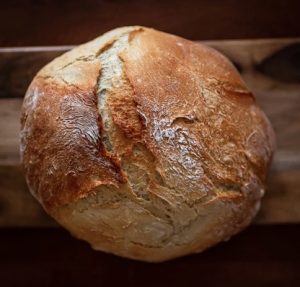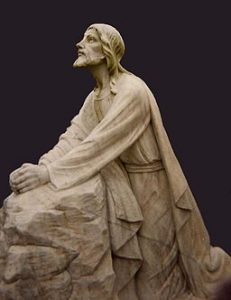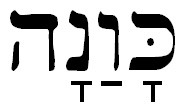by Bruce Okkema
Although Daniel knew that the document had been signed, he continued to go to his house, which had windows in its upper room open toward Jerusalem, and to get down on his knees three times a day to pray to his God and praise him, just as he had done previously. The conspirators came and found Daniel praying and seeking mercy before his God. – Daniel 6:10-11
 Would you be willing to pray even if it were to cost you your life? This may seem to be a strange question to hear for those of us who live in the western world. It is also difficult for us to believe that Christians are the most persecuted religious group in the world. Yet, in China, Sudan, Pakistan, North Korea, Saudi Arabia, Vietnam, Egypt, Nigeria, Laos, and many other countries, Christians are being tortured and killed in great numbers because of their commitment to Christ. These executions are even being carried out by beheading and crucifixion in some cases.
Would you be willing to pray even if it were to cost you your life? This may seem to be a strange question to hear for those of us who live in the western world. It is also difficult for us to believe that Christians are the most persecuted religious group in the world. Yet, in China, Sudan, Pakistan, North Korea, Saudi Arabia, Vietnam, Egypt, Nigeria, Laos, and many other countries, Christians are being tortured and killed in great numbers because of their commitment to Christ. These executions are even being carried out by beheading and crucifixion in some cases.
Most of the time, the Lord chooses not to miraculously rescue those on the path of martyrdom, but rather He allows their painful journey to be completed as a testimony to those of us who follow. Stephen for one, left us with a powerful example of this in his last moments:
Which one of the prophets did your fathers not persecute? They killed those who had previously announced the coming of the Righteous One, whose betrayers and murderers you have now become; you who received the law as ordained by angels, and yet did not keep it.” … When they had driven him out of the city, they began stoning him … They went on stoning Stephen as he called on the Lord and said, “Lord Jesus, receive my spirit!” Then falling on his knees, he cried out with a loud voice, “Lord, do not hold this sin against them!” Having said this, he fell asleep. – Acts 7:52-60
Sometimes God does step into the situation however, and we just want to cheer! Listen to the way secular King Darius was moved after witnessing Daniel’s faithfulness and resolve:
Issue a decree that in every part of my kingdom people must fear and reverence the God of Daniel. “For he is the living God and he endures forever; his kingdom will not be destroyed, his dominion will never end.” Daniel 6:26
Please pray for those who are enduring persecution, pray for mercy on their behalf, for their strength, and for their encouragement. And pray that the Lord will prepare each of us for that day when we may have to stand in the face of adversity.
So, will you be willing to pray even if it costs you your life? I hope we can all say, “yes, with God’s help.” We can all certainly be encouraged by this promise from Philippians 2:10 that one day “at the name of Jesus every knee will bow, in heaven and on earth and under the earth, and every tongue will confess that Jesus Christ is Lord, to the glory of God the Father!”









